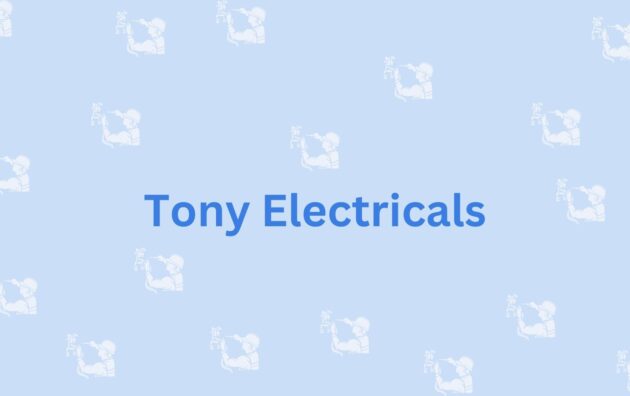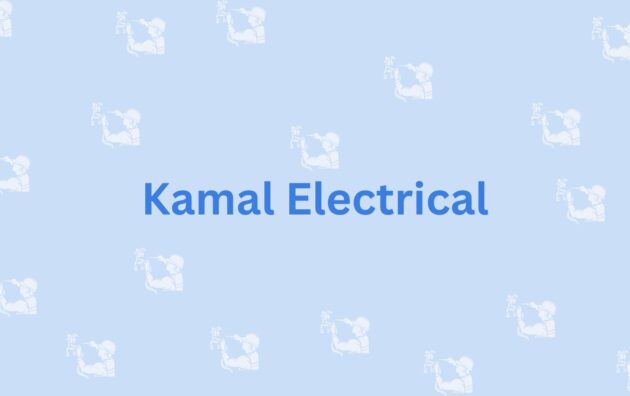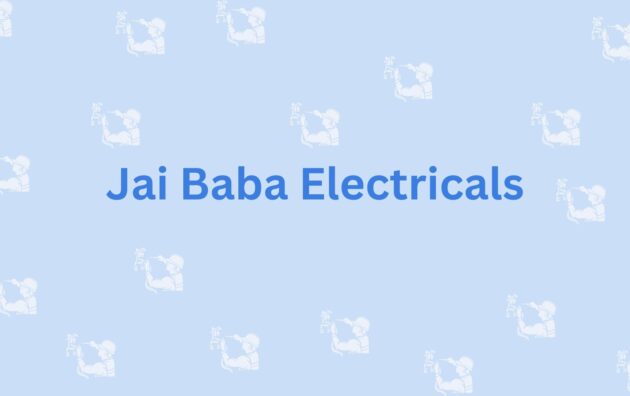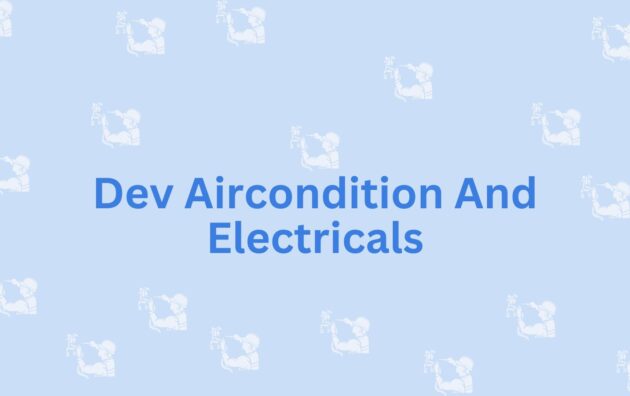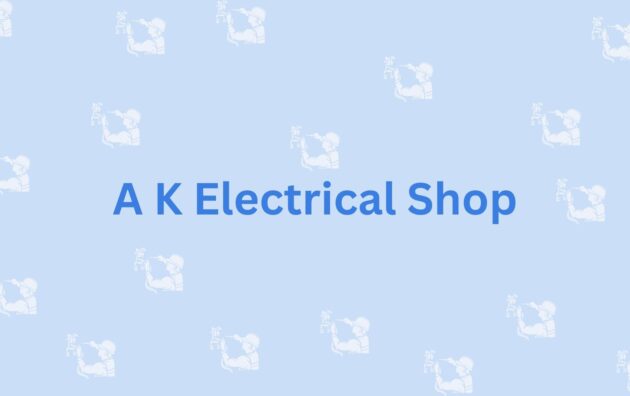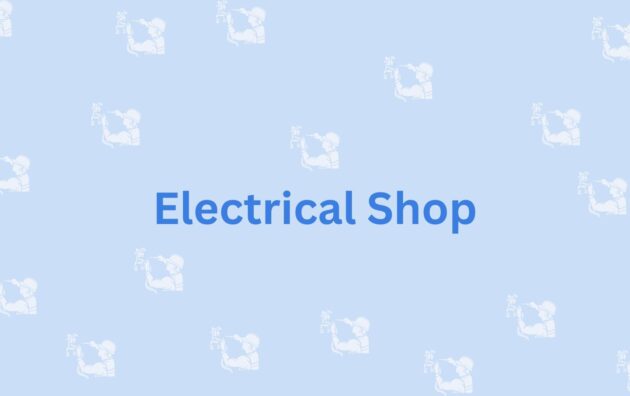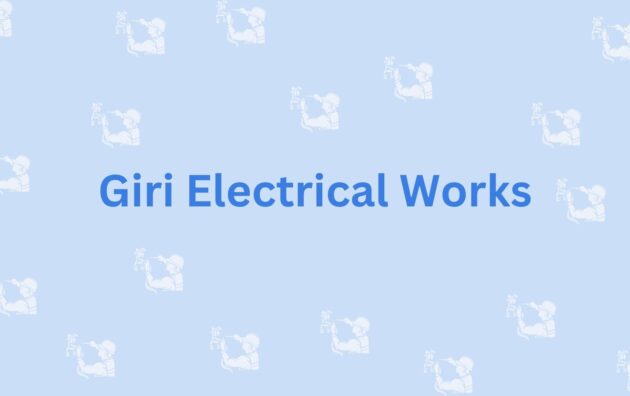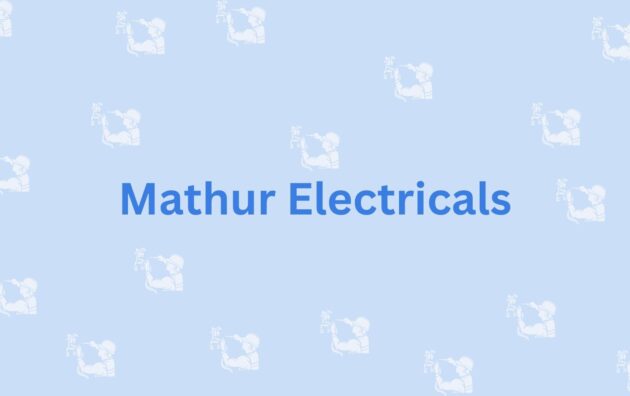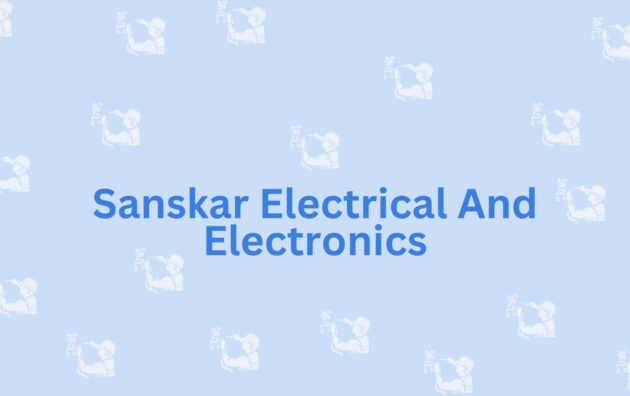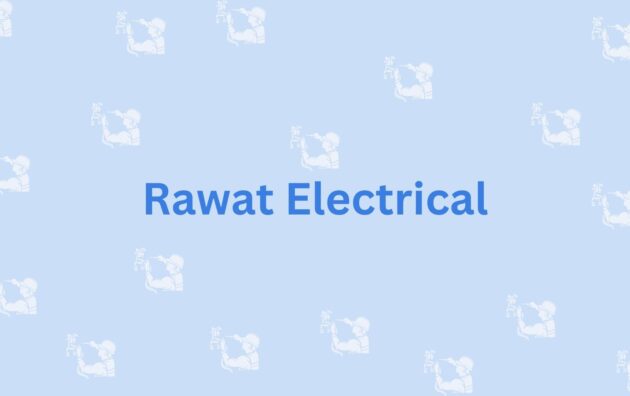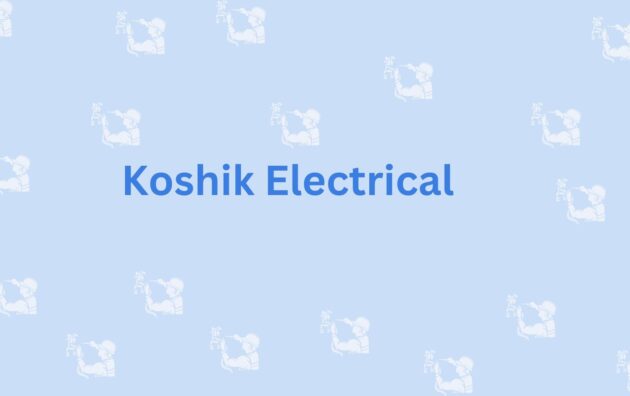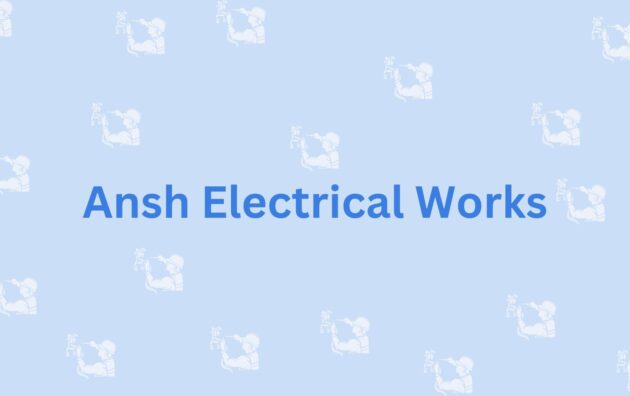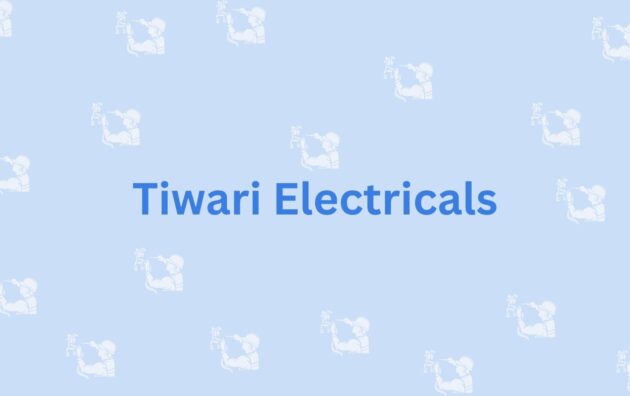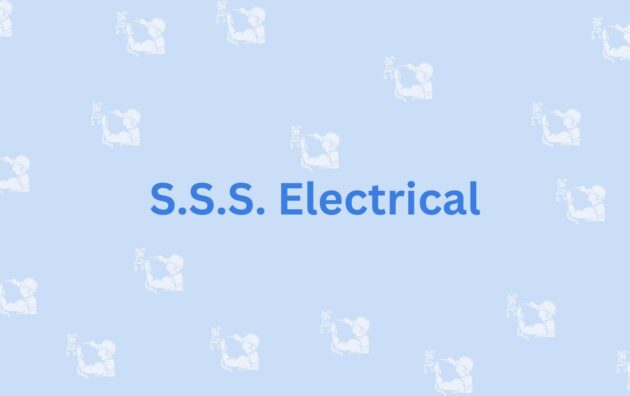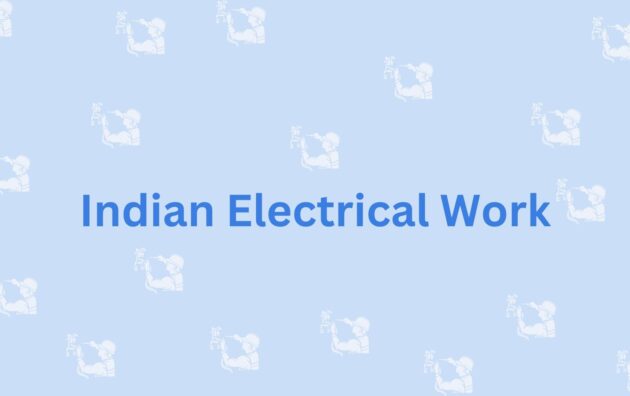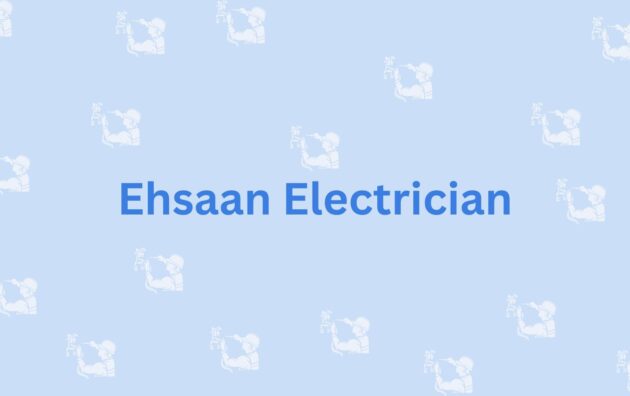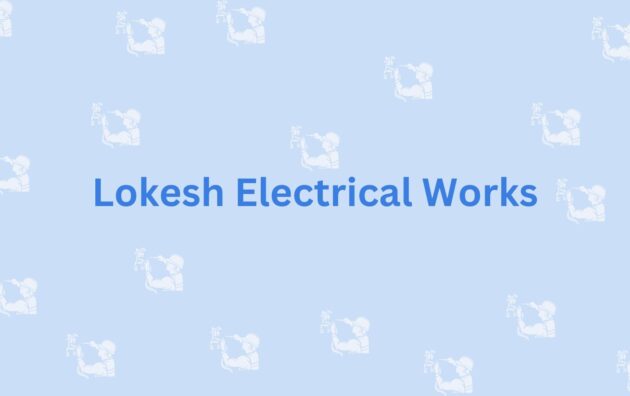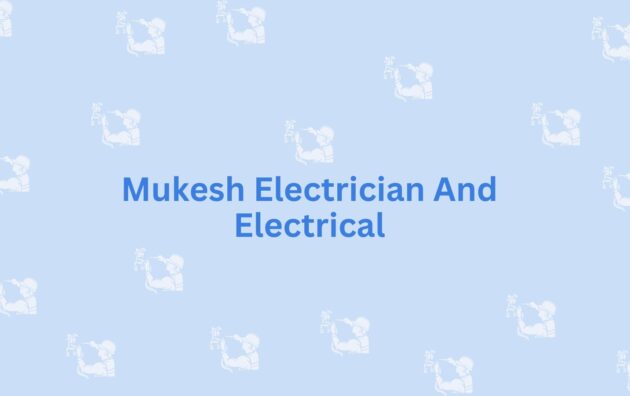Electrician Services
- Home
- Electrician Services
Mukesh Electrician And Electrical
Frequently Asked Questions (FAQs)
An electrician is a skilled professional who installs, maintains, and repairs electrical systems in residential, commercial, and industrial settings.
Typically, you need a high school diploma or equivalent, followed by an apprenticeship program or technical training in electrical work.
An electrical apprenticeship is a structured training program where aspiring electricians work under the guidance of experienced professionals to learn the trade.
The duration varies, but it usually takes around four to five years to complete an electrical apprenticeship and become a fully qualified electrician.
Electrical hazards include electric shock, fires caused by faulty wiring, electrocution, and explosions due to mishandling of electrical equipment.
It is recommended to have your home’s electrical system inspected by a professional electrician at least once every five years.
Yes, electricians typically need to be licensed to work legally. Licensing requirements vary by jurisdiction, so it’s important to check local regulations.
Yes, many electricians are skilled in working on both residential and commercial electrical systems.
Circuit breakers and fuses both protect electrical circuits from overloading, but circuit breakers can be reset, while fuses need to be replaced once blown.
Grounding provides a safe path for electrical current to flow into the earth, protecting people and equipment from electrical faults.
Some ways to save energy at home include using energy-efficient appliances, turning off lights when not in use, and properly insulating your home.
It is generally recommended to hire a licensed electrician for any electrical work to ensure safety and compliance with local electrical codes.
Yes, electricians often have expertise in installing and integrating various home automation systems, including smart lighting, security systems, and more.
AC refers to electrical current that periodically reverses direction, commonly used for power distribution. DC flows in only one direction and is commonly used in batteries and electronic devices.
Installing surge protectors and using power strips with built-in surge protection can help safeguard your electrical equipment from power surges.
Yes, electricians are skilled in installing and maintaining outdoor lighting systems, including landscape lighting, security lighting, and more.
It is recommended to replace smoke detectors every 10 years, or as per the manufacturer’s guidelines, to ensure they are in proper working condition.

